A recent study on food residue in packaging aims to bust the myth that food service packaging is too contaminated to be added to recycling streams.
The Foodservice Packaging Institute (FPI) released preliminary findings from a food residue study carried out in Boston. With the help of DSM Environmental Services, roughly 2,000 pounds of randomly selected curbside recyclables were collected and subjected to a “visual ranking system.”
According to FPI’s study overview, “there was no appreciable difference in contamination rates” between foodservice packaging and non-foodservice packaging, except when it came to foodservice corrugated containers, which exhibited slightly higher contamination levels. The study does note, however, that more research needs to be done in the field.
Another notable finding: Bostonians apparently do an impeccable job cleaning recyclables. “All of the recyclables were exceptionally clean … when compared to other recycling sorts,” the study states, and concludes that the findings, therefore, “may not be representative of recycling set outs in other cities.” In addition, the relatively small sample size – and the small percentage of foodservice packaging recyclables found – suggests that testing at higher levels might provide a clearer picture of the “real or imagined barrier” stopping many MRFs from accepting foodservice packaging.
Framing the study as “a first look at the issue,” FPI adds that its analysis “provides at least a promising potential.”


 Over the past decade, the materials recovery facility in Northumberland County, Ontario has enjoyed a series of upgrades, including new balers, a new screen system and optical sorters for fiber. But Karl Allen, plant manager, has learned that equipment is only one of the ingredients for success.
Over the past decade, the materials recovery facility in Northumberland County, Ontario has enjoyed a series of upgrades, including new balers, a new screen system and optical sorters for fiber. But Karl Allen, plant manager, has learned that equipment is only one of the ingredients for success.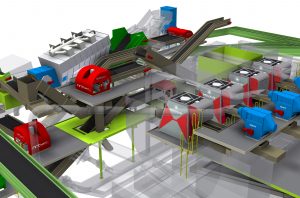 A significant retrofit at the GreenWaste materials recovery facility will feature heavy use of artificial intelligence sorting equipment and other technology.
A significant retrofit at the GreenWaste materials recovery facility will feature heavy use of artificial intelligence sorting equipment and other technology.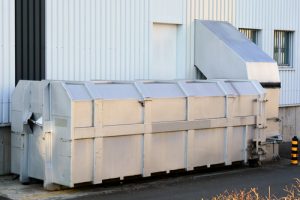 Small collection facilities that run their recyclables through compactors before shipping them to larger processing centers can realize considerable cost savings, a Canadian organization has shown.
Small collection facilities that run their recyclables through compactors before shipping them to larger processing centers can realize considerable cost savings, a Canadian organization has shown.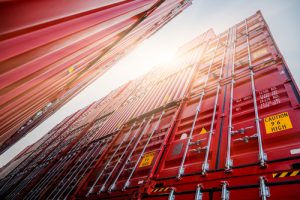 Thousands of tons of materials were seized during a raid in the Chinese province of Guangdong last week. It’s the latest enforcement action taken as part of China’s ongoing campaign to combat low-quality recovered-material imports.
Thousands of tons of materials were seized during a raid in the Chinese province of Guangdong last week. It’s the latest enforcement action taken as part of China’s ongoing campaign to combat low-quality recovered-material imports.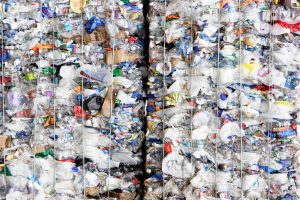 Greg Janson of plastics reclaimer QRS Recycling knows all too well what happens when material suppliers aren’t informed about load quality.
Greg Janson of plastics reclaimer QRS Recycling knows all too well what happens when material suppliers aren’t informed about load quality.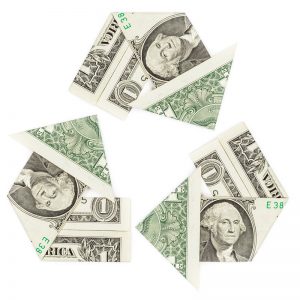 One deadline approaches for recycling grants in Iowa, and $4.6 million is awarded to a host of projects in Kentucky.
One deadline approaches for recycling grants in Iowa, and $4.6 million is awarded to a host of projects in Kentucky.
